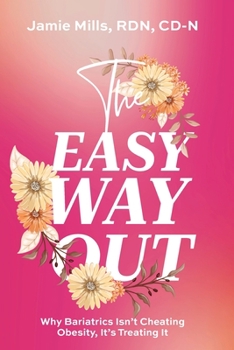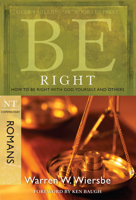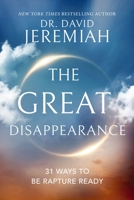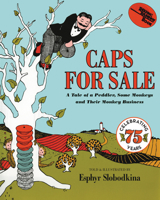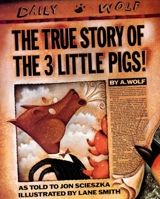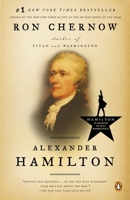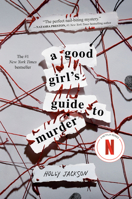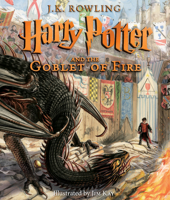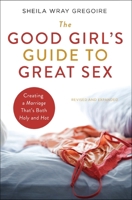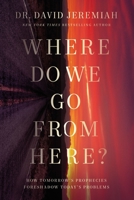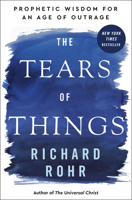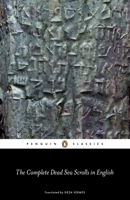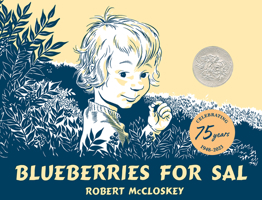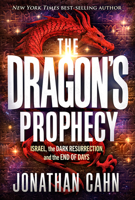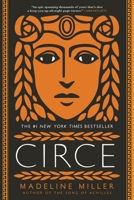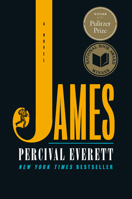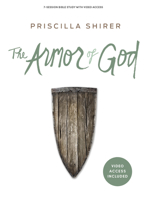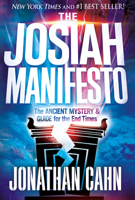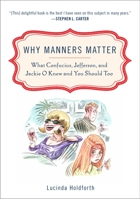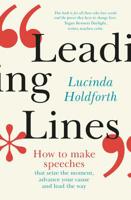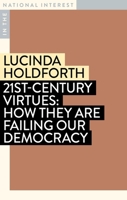The Easy Way Out: Why Bariatrics Isn't Cheating Obesity, It's Treating It
Select Format
Select Condition 
You Might Also Enjoy
Book Overview
"Weight loss surgery is cheating."
"Well, of course you lost weight, you took the easy way out."
"Anyone who takes weight loss meds or has surgery can lose weight; it's not like it's hard."
"Have you ever thought about changing your diet or just exercising?"
"Surgery is so dangerous, and besides, everyone I know just gains all their weight back."
Any of these sound familiar? If you suffer from obesity or have had bariatric surgery, you've probably heard at least one, if not all, of these stereotypes and comments.
BARIATRIC SURGERY ISN'T EASY, AND IT CERTAINLY ISN'T "CHEATING."
The misconception that bariatric surgery is somehow "cheating" when it comes to weight loss is wild. Weight loss surgery is the single most effective weight loss strategy for treating severe obesity that we have today. Yet less than 1% of the eligible bariatric population takes advantage of surgery. In The Easy Way Out, registered dietitian and bariatric patient Jamie Mills shares why bariatric surgery is not only challenging, but why going into any weight loss strategy with eyes wide open can make all the difference. Having weight loss surgery and changing your entire life is far from easy, but damn, is it worth it.
FORWARD FEATURE
Dr. Eric Smith, the renowned celebrity surgeon (as seen on TLC's 1000-LB Sisters) from Ashland, Kentucky, and recognized for his exceptional achievements in robotic bariatric and general surgery, lends his expertise as he writes the forward for this compelling book. With over 4,200 successful robotic cases under his belt, Dr. Smith's status as a Center of Excellence Robotic Surgeon and Master Surgeon in Robotics adds unparalleled credibility to this insightful literary work. For more information about Dr. Smith, please visit Kentucky Bariatric Institute.











